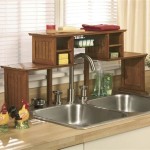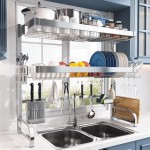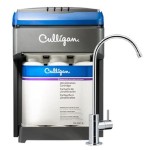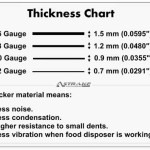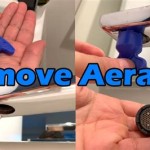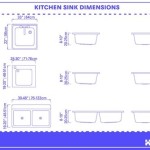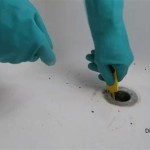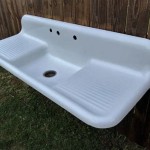P-Trap for Sink Drain
P-Trap is an essential plumbing fixture found under the sink in kitchens, bathrooms, and laundry rooms. It plays a crucial role in draining wastewater and preventing sewer gases from entering the room through the drainpipe. Understanding the function, types, and installation process of a P-Trap is important for maintaining proper drainage and avoiding plumbing issues.
Function:
The primary function of a P-Trap is to form a water seal to effectively trap sewer gases and prevent them from escaping into the room. When water flows through the drain, it fills the curved section of the P-Trap, forming a barrier that seals off the gases from the sewer line. This barrier prevents foul odors and harmful vapors from reaching the living area, ensuring a pleasant and healthy indoor environment.
Types:
P-Traps come in various types, each designed to suit specific sink and drain configurations. The most common types include:
- S-Trap: A traditional type that forms a simple "S" shape. It is suitable for sinks where the drainpipe exits the wall directly below the sink.
- P-Trap: A more modern design that forms a "P" shape. It is preferred for sinks where the drainpipe exits the wall to the side of the sink.
- Continuous Waste Trap: A type of P-Trap that has a continuous, uninterrupted curve, providing a more efficient flow of wastewater and minimizing the risk of clogs.
Installation:
Installing a P-Trap is relatively simple and can be done as a DIY project with basic plumbing skills and tools. However, it is recommended to consult a licensed plumber for complex installations or if facing any difficulties.
The general steps involved in installing a P-Trap include:
- Remove the old P-Trap or install a new trap arm if none exists.
- Place a drain flange gasket over the drain hole in the sink.
- Attach the slip nut of the tailpiece to the drain flange and tighten it.
- Insert the P-Trap into the slip nut and hand-tighten it.
- Use a wrench or pliers to further tighten the connections.
- Connect the trap arm to the drainpipe using a slip nut and washer.
- Check for leaks by running water through the drain and inspecting the connections.
Maintenance:
P-Traps require minimal maintenance to ensure proper drainage and prevent issues. Regular cleaning and occasional inspection are recommended:
- Cleaning: Use a drain cleaner or pour hot water and baking soda down the drain to remove any buildup that may cause clogs.
- Inspection: Check the P-Trap for any signs of corrosion, leaks, or damage. If any issues are found, replace the P-Trap promptly.
Conclusion:
P-Traps are indispensable plumbing fixtures that play a vital role in maintaining proper drainage and preventing sewer gases from entering the living area. Understanding their function, types, and installation process is crucial for homeowners to ensure a healthy and comfortable indoor environment. Regular maintenance and occasional inspections will help keep the P-Trap functioning optimally, preventing costly plumbing issues and ensuring a properly functioning drainage system.

How To Install P Trap And Bathroom Sink Drain Piping Easy Installation For Beginners Youtube

The P Trap A Vital Part Of Your Drains Explained Red Rock Mechanical

Kitchen Sink Double Bowl Trap Kit Transpa For 60mm Waste Holes

Plumbing 101 Tackling A Clogged P Trap Chestermere Ab Calgary Clearview Services

Oatey 1 2 In White Plastic Sink Drain P Trap Hdc9704b The Home

Traditional Sink Drain 1 2 P Trap Rejuvenation

Plumbing Is My Sink P Trap Too Low Home Improvement Stack Exchange

Simple Drain 1 25 In Rubber Threaded P Trap Bathroom Single Sink Kit 3ea 1v2 Tc0 The Home

Expandable Flexible Sink Tank Fittings Kitchen Drain Waste Pvc P Trap Pipe Plastic Made In China Com

The Most Effective Way To Clean A P Trap Asi Hastings
